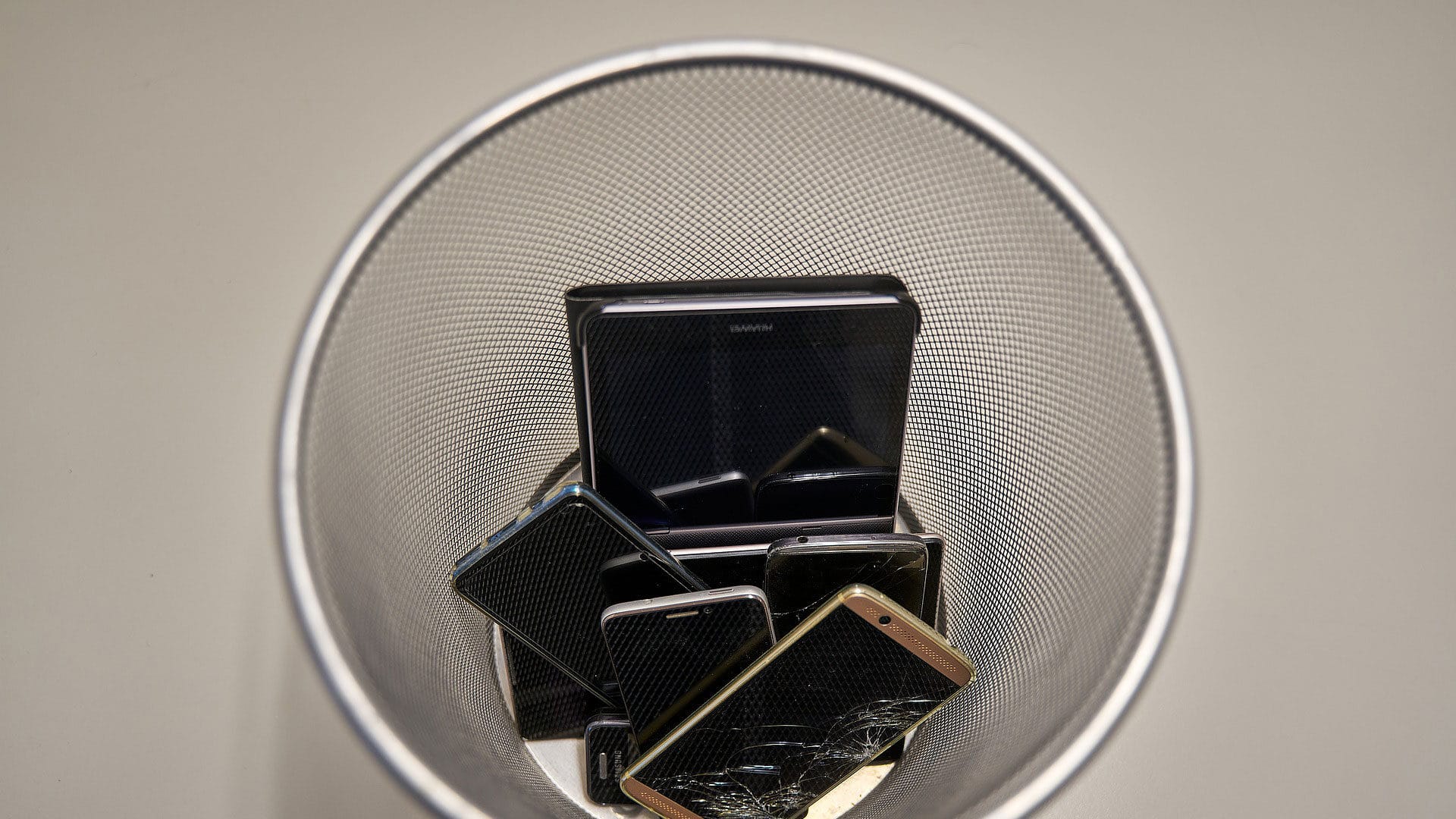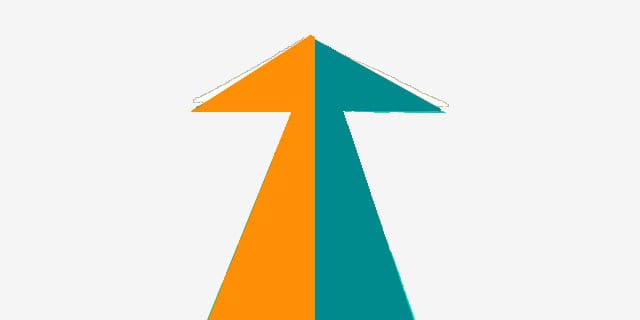Life hacks can help us see the importance of prioritizing tasks and removing those that…
In our modern times, the need for a digital detox is increasing, yet our ability to switch off is not. What’s happening? Why do we all need a digital detox?
We rely on electricity so much today that if we have a power cut we instantly feel lost and vulnerable for the moments (or few hours) after power has dropped.
People feel uncomfortable, even angry, at suddenly being brought back into the Stone Age and wonder what on earth to do. We can get restless and go through our phone using offline games until the battery has gone, and then once any remnants of technology aren’t powered on, and electricity isn’t back up yet, we enter a panic not knowing what else to do.
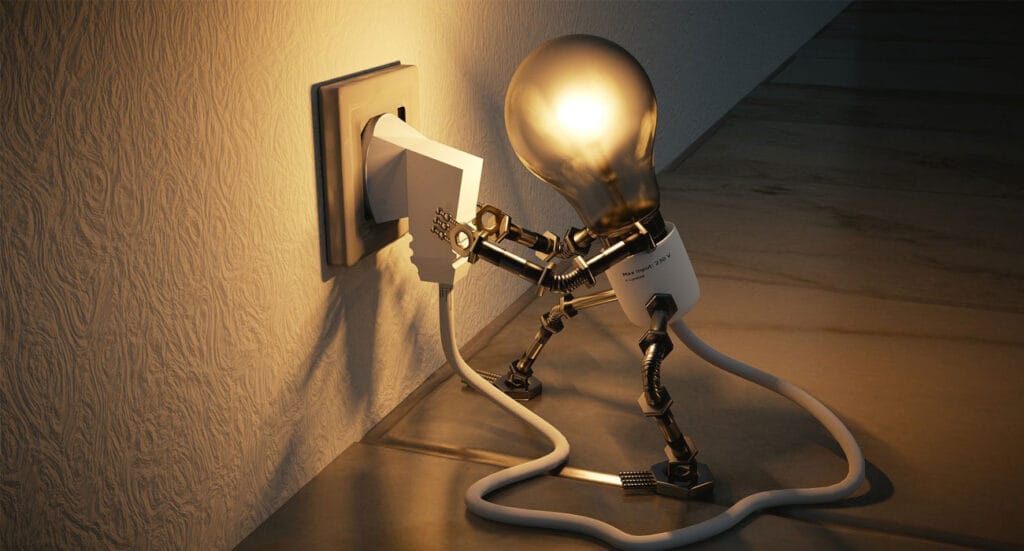

This clearly isn’t healthy. We all need a digital detox. Yet we live in digital times, and before long electricity is back up again and we quickly just resort back to our comfortable ways (with electricity seemingly controlling everything we can do today).
What Happens When We Are Forced Into A Sudden Digital Detox Power Cut?
When a power-cut happens it’s not just modern-day social media addictions that are put under instant threat, it’s the whole internet, it’s light, chargers, cooking, our very way of modern life.
We cope temporarily. We find cobwebbed candles, place and light them all over the house, and then our modern mind impatiently festers, craves, and waits on each second without technology, praying the power will be turned on again soon.
But let’s say electricity doesn’t switch back on though. What if we had to go a week without electricity? What happens to our modern minds?
For those used to constantly being plugged in it would be an uncomfortable mental shift, like being thrown into a new country and not being able to speak the language.
Yet, in time it’s also it will likely be a huge blessing in disguise. An enforced cold turkey might see you disconnect from the internet for a while but allows for an opportunity to reconnect with yourself, with others around you, and with nature.


We used to live in small groups, finding what we needed around us in the natural world. We had self-renewing resources that were producing little waste, and we were happily living sustainably in balance with our environment.
Fast forward to today’s fast-forward lifestyle and we are ironically asking the questions in how to be sustainable in a world that is so switched on, answers we used to know so easily.
We have become sucked into modern tech routines that from the moment we wake up we are pulled into the abyss.
It’s a stern wake-up call to our dependency on technology and electricity today that when we lose it, even only for a little while, when it suddenly isn’t available we go into panic mode.
Our Ancestors Lived Without Electricity, So Can We?
It’s a far cry from when we used to always live off the land and find ways to survive. We certainly didn’t have tech-withdrawal panic attacks then.
We respected the land and the land respected us, but we are kidding ourselves if we think we can just go back to living lives in caves. The environment certainly wasn’t damaged in the way it is today, but people were craving more than what cave life would offer, hence our humanities development into the way we live today.
It’s almost inevitable that we would add a strain to our environment at some point. We can think that life would be so much better if we just turned back the clock but our modern minds simply wouldn’t be able to cope.
It’s one thing coming from that era that didn’t know what was to follow and therefore had no preconceptions about how boring or simple life was (to them it was as progressive as was possible at the time).
For a modern citizen to go back to those times and completely forego electricity (and all the innovations and gadgets it made possible) would be a challenge that would stifle and suffocate us before too long.
Yet this doesn’t mean we can’t benefit from time off away from social media, from the internet, and away from electricity itself.
Why We All Need A Digital Detox Power Down For Our Planet
The irony of today is that to spread messages of how we need to be more sustainable we have to use the electricity and technology to send them.
Energy has changed us, and no matter how people try to free themselves from being drones into technology-led lives we all still use far far more energy than we did in the past, even the most environmentally-friendly amongst us.
Energy has ensured we are wired-in 24/7 today. There’s really very little downtime other than when we sleep, and that is even being tracked more than before. One person can produce more daily energy use than what a whole local community did in the past.
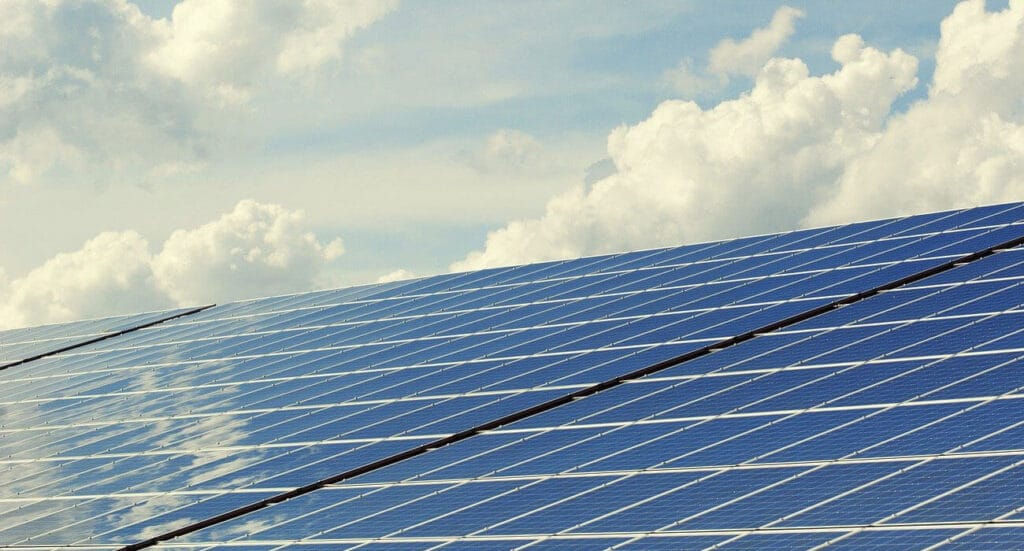

It becomes a personal responsibility to limit our energy use when possible, and this isn’t even a call for our environment or to help halt climate change.
With such an output, and such an addiction to consuming electricity, it seems we have got a lot to learn about powering-down occasionally.
We had a clear indication of how reversible the planet can be during the pandemic when the skies cleared around the world during lockdowns, so we can see industry change and benefit our environment (which in turn benefits our health), but we have to think of how it affects us too.
During the pandemic, people powered up more rather than less, as they used technology to help cure their boredom stuck at home, so we need to consider the psychological effect of being so switched-on all the time.
Our Rushed, Modern Society Doesn’t Power Down Enough, And It’s Slowly Killing Our Minds
There’s plenty of awareness around today, which is a good sign of us waking up to the mess we have collectively created, yet this is about the psychological effect our constant state of being plugged in has on us today.
Even those who practice meditation or mindfulness likely do so for an hour or so a day and spend a good amount of time back in the web of influence and back to energy consumption shortly afterward.
The rushed society that we have created comes from our incessant need for being switched on constantly
You could have a break and sit around a desert island and escape the modern world’s busy concerns for a bit, but still find yourself falling back into them yourself after returning. Your life, your job, your social connections seem to rely on it today.
It’s convenient, we say to ourselves. It makes life more comfortable, and it does, but it also makes it unconsciously comfortably numb too.
Think of when you are on an airplane (yes, a real contradiction in terms of the vast energy use it takes to get us up there in the sky) and you look down from far above at the world becoming smaller and smaller as you take off into the tranquil nothingness of the skies and clouds.
Yet, what are most people doing on a plane?
They are plugged in watching a movie or listening to some electronic device (even when instructed not to sometimes).
And when that plane lands what do people do?
They jump up rushing to get their bags before others, somehow thinking that they can walk through a line of people waiting to get off the plane before the doors have even been opened.
The rushed society that we have created comes from our incessant need for being switched on constantly, and electricity, for all the wonderful opportunities it has presented us, has also sucked many of us into this mad rush to nowhere.
We are more self-centered and single-focused than ever before. We are so used to having something to do we get annoyed easily when we don’t, and our modern narcissism just leads to more energy consumption.


It’s a vicious circle.
You can understand people wanting to maximize their life – to get more out of the limited days we have on planet earth.
Yet, so often we are not even rushing to make sure we wake up to life, we are rushing to get lists and lists of stuff done (that 90% of most likely won’t make an ounce of difference to our real values in life). Or we find ourselves buying more stuff we don’t need.
We have become conditioned consumerists, so bought into this notion of more, more, more, quicker, quicker, quicker, now, now, now.
How about no, no, no! How about stop, stop, stop!
How Much Are We Actually In Control Of Our Choices, Time & Energy When Plugged Into Technology?
We often think we are making our own ‘choices’ whilst so often it’s actually just because we have become so ingrained into following customs, mantras, sayings, trends, expectations via social pressure, even thought-fillers (just like why for some reason people seem to like words repeated in 3’s).


We aren’t always so conscious of just how much we waste our energy daily rushing around trying to obtain survival awards such as status or comfort. We rarely seem to question why we seek to aim for bigger houses just so we can go and work even longer paying for the privilege of barely ever even being in it.
We simply push ourselves to limits in ways that are detrimental to our health, our energy, our time. Ironic considering we do so for our survival amongst our species.
Instead of pushing our limits of what value we can really add to the world, or even ourselves, many push material limits of needing more to live more lavish lifestyles, often to fill a growing void in life that we aren’t sure how to fix any other way.
We are told and sold by media and companies to buy more, to consume products and services for the simple notion of ‘because we can’. Not because we need it but because it’s available.
We end up wasting so much time and energy because we are constantly using it trying to save it.
Some of us have apps and gadgets that are meant to help track our progress – in exercise, steps, heart rate, daily activities, etc.
However, we can also end up spending a huge amount of time exhausting ourselves with our modern-day ‘technician’ job role of setting up our automated life and constantly refining it.
If we are honest, as good as technology is, it’s still quite primitive in terms of making our lives truly automated (something which AI is quickly changing – and which we need to be carefully conscious of).
Spending too much time setting up productivity habits is often ironic. We end up getting less done than if we simply just had a paper to-do list. We can end up planning exercise routines and so forth instead of actually just doing them.
It’s certainly a modern generation problem. We digitize our lives so much that we don’t realise how much we become trapped and ‘droned’ by the same technology that we think is making our lives better, faster, efficient.
Why A Digital Detox Will Allow Us To Be Human Again
We are losing the art of being human.
We rarely spend time separating our digital lives from our real ones. Today, our real lives are effectively our digital ones. They have converged into one and we may not see it as a problem consciously because it has slowly fed on the way we live our lives.
You can be at a coffee shop with friends and spend more time digitizing your experience than living the real experience.
Knowing how much technology and gadgets are playing on the minds of people today we, therefore, need to find ways to break ourselves out of the digital routine and mold.
So many of us instantly jump on our phones when we become nervous or bored these days. Instead of reading a good book or taking time to simply meditate and reflect on a commute, we instead seek out our phone and get buried in that black mirror almost instantly.


You may be chatting to a friend on the bus, train or around some form of public setting and then they leave, even for a minute to go to the toilet, and what do you do? You pick up your phone as a time fill.
It’s become so ingrained as a habit that it becomes so accepted as a normal response in society, but it is actually blocking us from taking precious time in our day to think for ourselves, to reflect, to pause and to consider.
Again, the irony is we want more time and energy for ourselves, yet we get plugged into this constant noise of distraction and over-choice. The time we do have for ourselves is lost within this digitalized habitual void.
Some very natural human needs in life simply aren’t met these days. Not because we don’t have access to them, but because we block ourselves from allowing ourselves to feel them.
This is the same as toxic positivity – a modern-day mindfulness notion that you simply have to will yourself to feel better, to man up, to be perfect, and not allow yourself to feel the pressure or embrace negative emotions too (as that is seen as weakness). It leads people to chase the selfie-image, body dysmorphia, and constant reaffirmation that they are ‘survivable’.
Unfortunately, those people are usually anything but positive deep inside as they have a whole load of negativity and distorted expectation that is swept under the carpet rather than actually dealt with, and using our phones as a distraction tool does exactly the same thing.
It creates a void from us being able to think clearly, as it becomes too easy to bury our heads in the black-mirrored sand.
We need to break that void to feel human again. A digital detox can help. What we need are techniques that can help us get out of that void, and instantly change our mood or dependency on digital life.
Why This Has To Be Humanized And Not Digitalized
If we don’t break our minds away from a digital void, all we do is lead ourselves towards complete digital reliance, so much so that AI will do everything for us and we don’t think anymore.
This might sound cool to some, easier almost, but in time even our emotions become suppressed if we don’t utilize our brain without the aid of technology.
We become a vegetable. Albeit a smart vegetable.
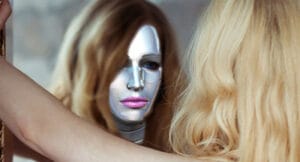

It’s our emotions that make us distinctly human. It’s our imagination and ability to choose our response between the input and output that is our true human power, so the less we digitize our whole life the better.
The more digitalized this world becomes the more we lose than human connection to our own emotions and feelings, so digital detox techniques aim to focus on waking us up from digitalized drone-like routines and automations, and they also ensure we remember what it is to be human.
We may think a digital detox is just another modern day comfort retreat and wellness gimmick, but it’s so much more than that when we delve into it. It’s essential for us to ensure our mind stays healthy, and stays human.
We don’t want to forget how to actually live whilst being too busy and distracted recording and tracking everything we do. We don’t want to look over ‘this is your digital life’ books as we age, we want to remember and feel memories.
We want to have real connections and imaginative thoughts. To be social beings, not social media drones. To be aware of the experiences around us, to be present in them.
In order to do so we have to ensure we give our minds a digital detox regularly.

